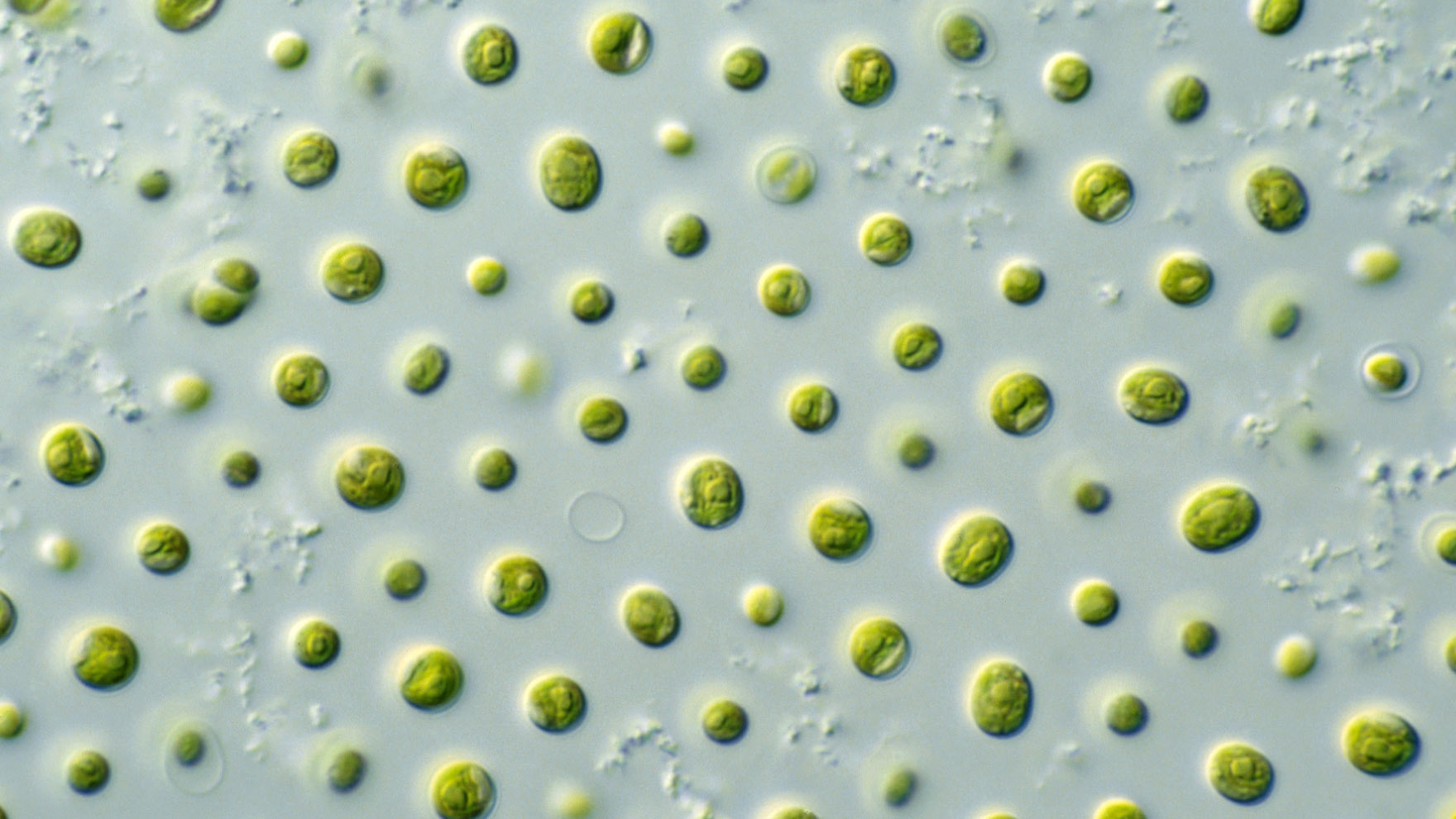Are you ready to eat tiny plants from the sea?
Microalgae is coming

You might have heard of the Green Revolution, or you might not - but either way, you probably owe it your life. Between the 1930s and 1960s, biologist Norman Borlag led reforms that massively increased agricultural yields worldwide. In 1970, after having saved more than a billion people from starvation, he was awarded the Nobel Peace Prize.
Now, almost a century later, researchers believe the same thing might be about to happen again.
“We may have stumbled onto the next green revolution,” said Charles Greene. He's the lead author of a new study that shows how industrial cultivation of tiny plants that sit at the very bottom of the ocean's food chain could not only feed enormous numbers of people - but also wean us off the use of fossil fuels.
They're called marine microalgae, and are rich in both protein and fat. Once grown in massive vats, the study claims, the fats can be extracted and turned into biofuels for transport and shipping. What remains after that process is a highly-nutritious, protein-rich food that can either be fed to animals or even directly eaten by humans.
Growing enough to meet the current fuel consumption of the world would require an area of about 800,000 square miles, Greene says. That would, at the same time, produce about 2.4 million tons of protein co-product - which is about 10 times current global soy protein production.
Food Security
But the best thing is that growing microalgae doesn't compete with existing crops, and it can be done in arid, subtropical regions like Mexico, North Africa, the Middle East and Australia. Plus, the resulting food output means less pressure on valuable rainforest in tropical countries for food production.
“I think of algae as providing food security for the world,” said Greene. “It will also provide our liquid fuels needs, not to mention its benefits in terms of land use. We can grow algae for food and fuels in only one-tenth to one one-hundredth the amount of land we currently use to grow food and energy crops."
Sign up for breaking news, reviews, opinion, top tech deals, and more.
He added: “We got into this looking to produce fuels, and in the process, we found an integrated solution to so many of society’s greatest challenges.”
The full study was published in the journal Oceanography.
